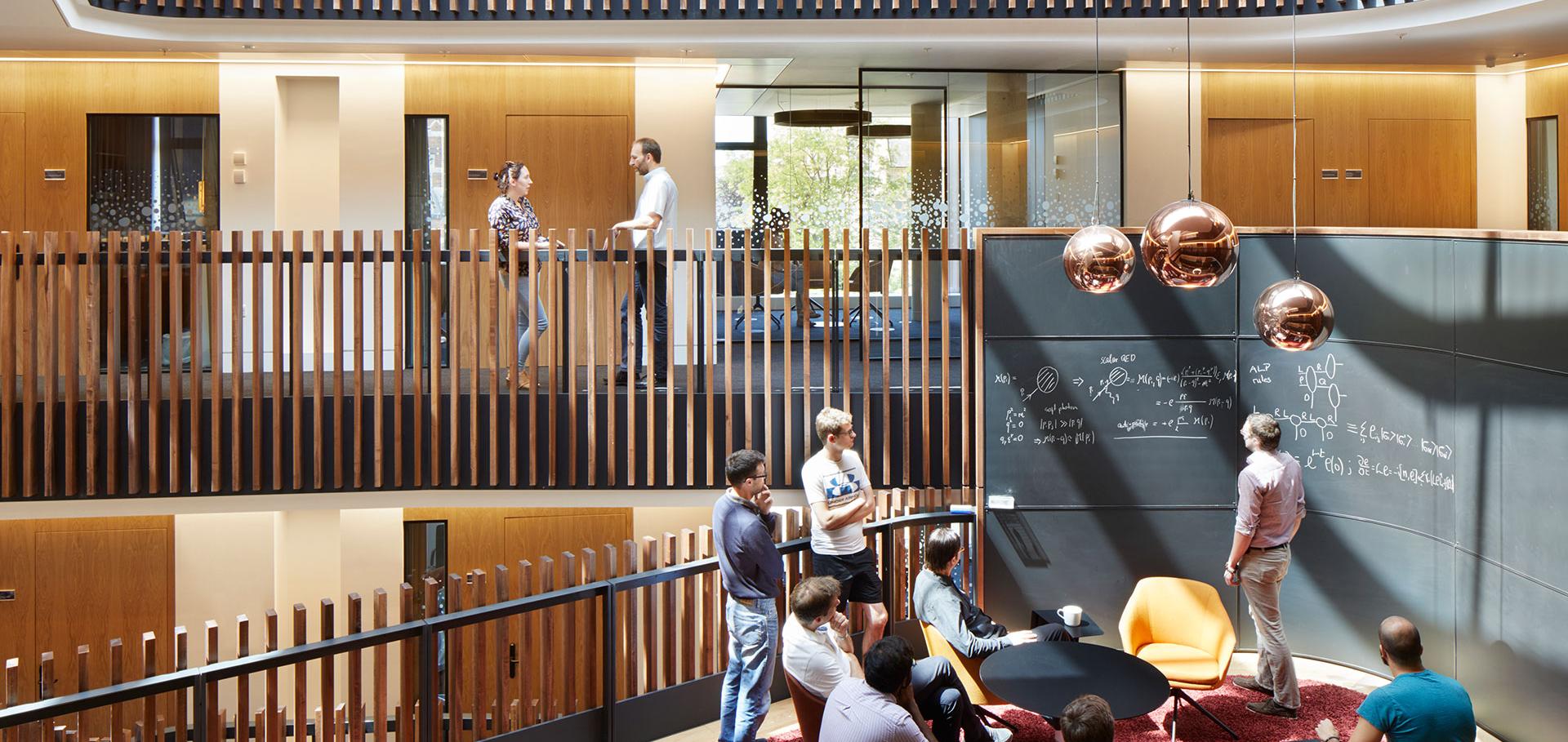Finite temperature entanglement negativity in conformal field theory
Journal of Physics A: Mathematical and Theoretical IOP Publishing 48:1 (2015) 015006
Thermalization and Revivals after a Quantum Quench in Conformal Field Theory
Physical Review Letters American Physical Society (APS) 112:22 (2014) 220401
Universal Thermal Corrections to Single Interval Entanglement Entropy for Two Dimensional Conformal Field Theories
Physical Review Letters American Physical Society (APS) 112:17 (2014) 171603
Entanglement negativity in extended systems: A field theoretical approach
Journal of Statistical Mechanics: Theory and Experiment 2013:2 (2013)
Abstract:
We report on a systematic approach for the calculation of the negativity in the ground state of a one-dimensional quantum field theory. The partial transpose ρAT2 of the reduced density matrix of a subsystem A = A1 ∪ A2 is explicitly constructed as an imaginary-time path integral and from this the replicated traces Tr(ρAT2)n are obtained. The logarithmic negativity ε = log ∥ρAT2x∥ is then the continuation to n → 1 of the traces of the even powers. For pure states, this procedure reproduces the known results.We then apply this method to conformally invariant field theories (CFTs) in several different physical situations for infinite and finite systems and without or with boundaries. In particular, in the case of two adjacent intervals of lengths ℓ1; ℓ2 in an infinite system, we derive the result ε ∼ (c/4)ln(ℓ1ℓ2=(ℓ1+ℓ2) ), where c is the central charge. For the more complicated case of two disjoint intervals, we show that the negativity depends only on the harmonic ratio of the four end points and so is manifestly scale invariant. We explicitly calculate the scale invariant functions for the replicated traces in the case of the CFT for the free compactified boson, but we have not so far been able to obtain the n→1 continuation for the negativity even in the limit of large compactification radius. We have checked all our findings against exact numerical results for the harmonic chain which is described by a non-compactified free boson. © 2013 IOP Publishing Ltd and SISSA Medialab srl.Logarithmic conformal field theories as limits of ordinary CFTs and some physical applications
JOURNAL OF PHYSICS A-MATHEMATICAL AND THEORETICAL 46:49 (2013) ARTN 494001


